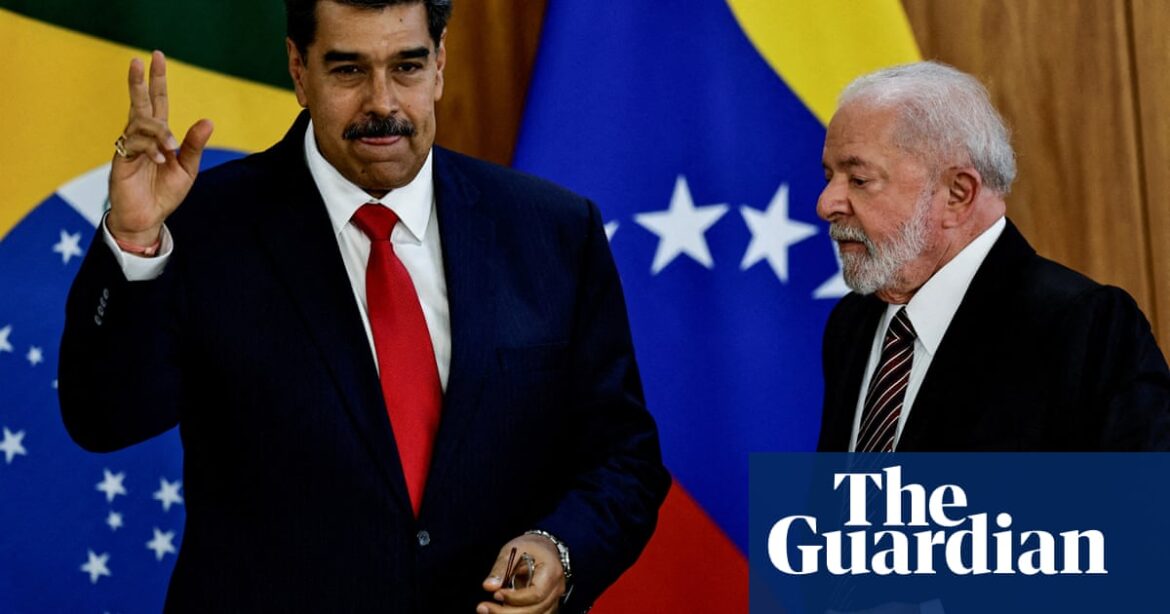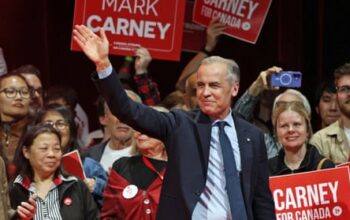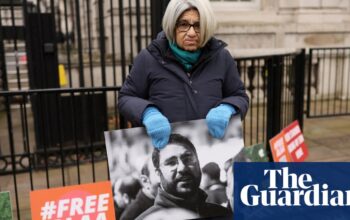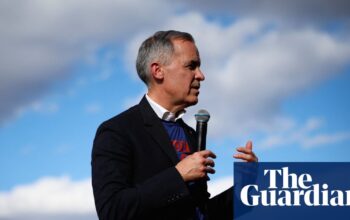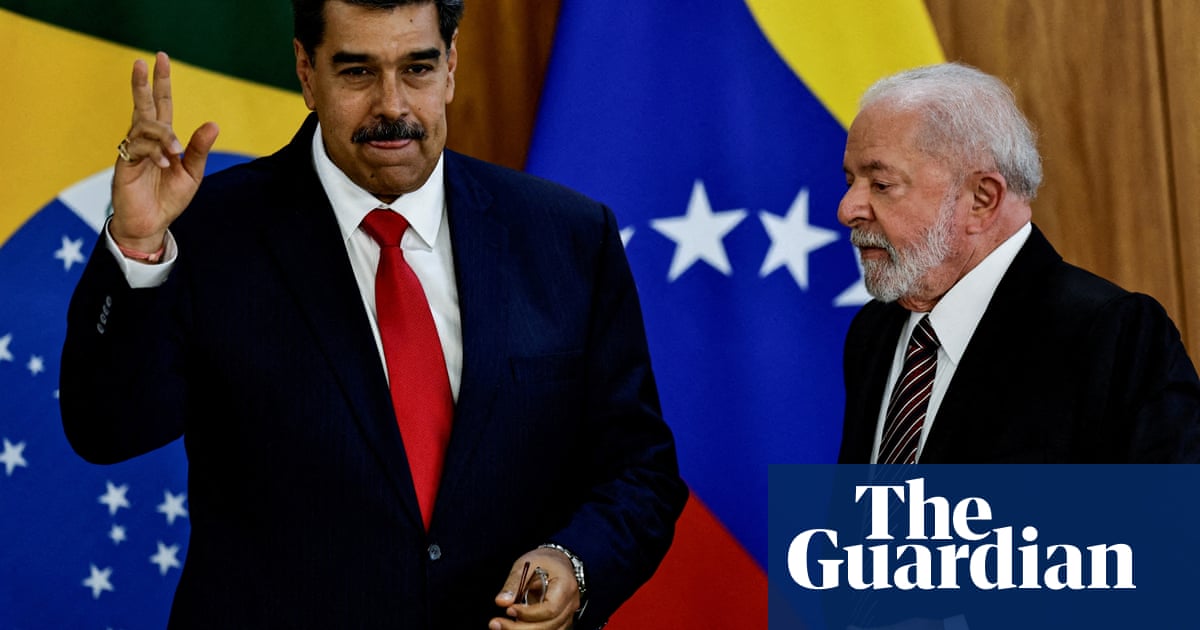
The Brazilian president, Luiz Inácio Lula da Silva, has said Venezuela is living under “a very unpleasant regime” with an “authoritarian slant”, as the political crisis engulfing the oil-rich South American country intensifies before fresh street protests on Saturday.
In an interview early on Friday, Lula – whose diplomats have been exploring possible solutions to Venezuela’s post-election drama – offered some of his sharpest criticism yet of Nicolás Maduro’s nominally socialist administration.
Maduro, who has governed since 2013, claims he won a third term in the 28 July vote but has yet to provide proof – while his opposition rival, Edmundo Gonzalez, has published election data suggesting he was the actual winner.
Speaking to Rádio Gaúcha, Brazil’s leftist leader – who has not recognized Maduro’s claim to victory despite his long relationship with his mentor, Hugo Chávez – said he had yet to see proof either side had won. Lula repeated Brazil’s demand that Maduro’s government publish the voting tally sheets before the result could be verified.
But in a sign that Lula’s patience with Maduro is wearing thin over his failure to publish that data, the Brazilian made some of his most disapproving comments about the nature of Venezuela’s current government.
“I think Venezuela is living under a very unpleasant regime,” Lula said, adding that he did not, however, consider it a dictatorship.
“It’s different to a dictatorship – it is a government with an authoritarian slant but it isn’t a dictatorship the likes of which we know so many in this world,” said Brazil’s president.
Those comments, which are likely to irk Venezuela’s strongman leader, represent a major departure from remarks made by Lula last year when he hosted Maduro in Brasília in an attempt to rescue him from international isolation. During that visit, Lula controversially dismissed claims that Maduro had turned Venezuela into an authoritarian and undemocratic place as “a narrative”.
Chile’s progressive president Gabriel Boric was among those who pushed back against Lula’s portrayal. “It’s not a constructed narrative: it is a reality, it is serious, and I have had the opportunity to see it in the eyes and the pain of hundreds of thousands of Venezuelans who now live in our country,” Boric said, referring to the exodus of about eight million Venezuelans who have fled Maduro’s increasingly authoritarian and economically devastated country.
During Friday’s interview, Lula said that on the eve of last month’s election, he had told Maduro it was essential for him to show the world Venezuela had held “a clean and democratic election”. “He said that was what he would do,” Lula recalled.
But this week, a group of UN election experts claimed the vote had lacked “basic transparency and integrity” and said the decision to announce a result without providing detailed data “has no precedent in contemporary democratic elections”.
after newsletter promotion
Maduro’s claim to victory sparked two days of protests that saw many working-class communities take to the streets for the first time against a political movement they have traditionally backed. Those protests have been met with a severe government crackdown that has so far seen more than 1,400 people detained and more than 20 killed.
Some observers fear far greater bloodshed and violence if the repression continues but Lula downplayed the risk of a conflict. “I don’t believe there will be a civil war … because I think there are lots of countries who are willing to help us uphold peace in South America,” he said. “War leads to nothing, war brings only destruction. Peace brings economic growth and wealth distribution, which is what I wish for Venezuela.”
On Thursday, Lula floated two possible solutions to the crisis, fresh elections or a coalition government, with Colombia’s president, Gustavo Petro, also backing the idea of a power-sharing agreement. However, both Maduro and the opposition were quick to reject those ideas.
Source: theguardian.com
